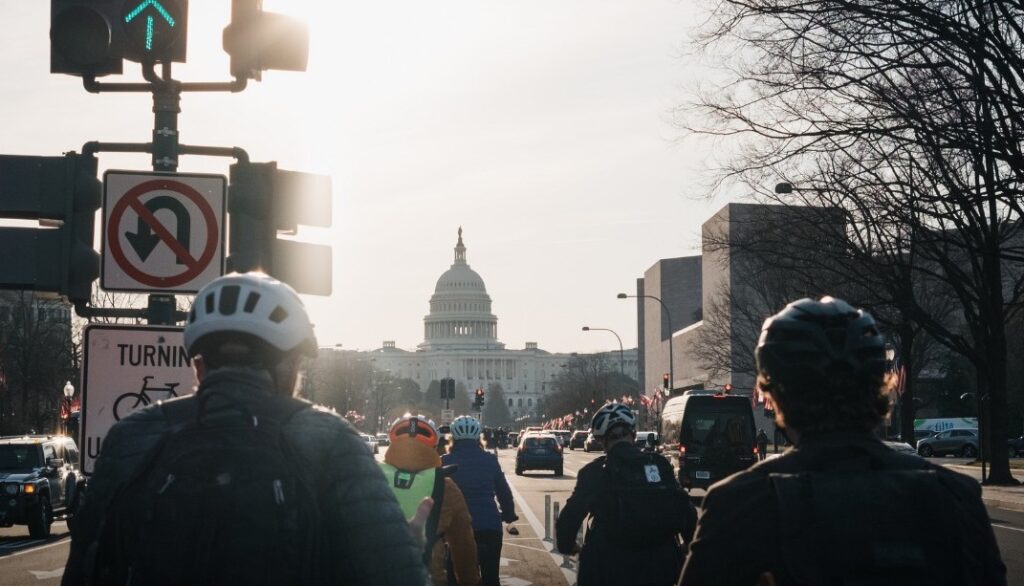April 25, 2025 - The global cycling industry is grappling with yet another challenge as new US tariffs, effective April 9, but then put on hold for 90 days except for China, are driving up costs and creating upheaval and uncertainty in an already fragile marketplace.

In a dramatic reversal on April 9, the Trump administration paused the “reciprocal” tariffs on targeted countries for 90 days but retained a 10% baseline tariff – except for China, which will be subject to a 125% tariff.
The pause was initiated as a reprieve for countries that had not retaliated and to allow time for negotiations until the new July deadline – see initial and updated tariffs for all countries in The Guardian here.
The cycling industry is still in a state of recovery following the boom-bust scenario that ensued during and after the pandemic.
Inventory levels have slowly been improving along with sales and many felt that 2025 would see these trends continue and lead to better pricing and overall market stability.
But the sudden and rapid new changes caused by the tariffs have cast a shadow over the cycling industry, as it has many others.
While optimism for cycling remains, the mood at the recent Taipei Cycle Show in Taiwan and the Sea Otter Classic in Monterey, California was overshadowed by the tariff dilemma and how to manage these new chaotic times with appropriate strategies.
With global cycling industry suppliers like China, Vietnam, Taiwan and others facing hefty overall tariffs that include reciprocal tariffs after the 90-day pause, companies are looking for alternative sources. Tariffs on steel and aluminum imports from various countries under Section 232 of the Trade Expansion Act may also affect some companies.
Meanwhile major cycling brands like Specialized and Trek are being forced to raise prices. According to Bicycle Retailer and Industry News, Specialized Bicycles informed retailers that it will list a 10% additional tariff surcharge starting May 1, while Trek and Electra retailers were also informed that bike prices for most models will increase immediately.
Other companies have raised prices as well and the quandry of how to plan ahead is challenging the industry. Some companies like Tern had halted shipments from Asia to avoid the steep increased charges resulting from the tariffs.
According to the Financial Times, Kent International, one of the largest US bike manufacturers, warned prices across the industry would rise as much as 50 per cent if tariffs remain at the proposed levels. In the same report, Matt Moore, general counsel for PeopleForBikes, warned that higher import costs would force many companies either into insolvency or to merge with rivals.
The hope is that the tariff levels will come down rapidly, and recent dialogue that tariffs against China may be coming way down spells some potential relief, but the chaotic process does little to build confidence.
PeopleForBikes and the National Bicycle Dealers Association are taking steps and lobbying for relief from the tariffs as well, while urging stakeholders to contact Congress representatives, local officials and collaborate with neighbouring businesses to show a unified front.
PeopleForBikes Tariff Chart here and Tariff Relief here.
NBDA Call to Action here.
















